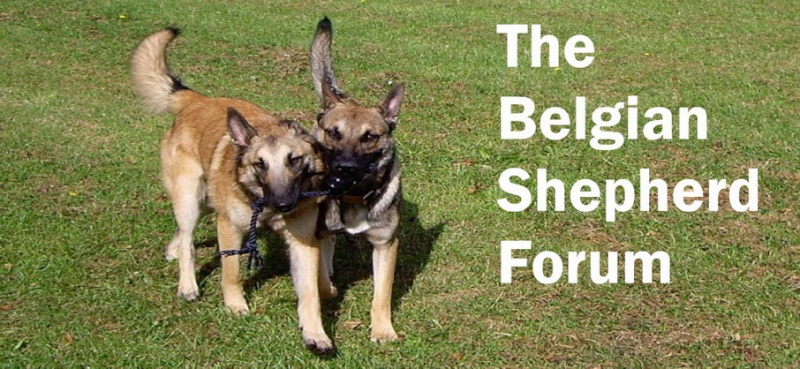My eldesy Shep recently had this. It was thanks to another forum I go on that I knew about AF. I had read about it a few months before noticing she had it or what I though was it.
Very common in the shepherd type. No real know cause although there is thoughts to it being in the blood or due to carrying a low wide tail.
Keep an eye out as it can come at any age stage.
Best way to descrie it is a wood worm type tunnel that appears around the anus. Starts off very small but it tunnels away and becomes quite large and quick. May not look much externally but it grows inwards too. Mine only looked like a small hole outside but had nearly a golf ball size cut out.
Here is a link to explain more.
[You must be registered and logged in to see this link.]
Xena had Cryp surgery to remove it as it was in the very early stages. Other options are heavy meds to keep on top of it, these can be £5 per day for life.
Keep an eye out, I oticed as her Anus looked inflammed, closer look and a small hole was there about inch and a half below he anus. Looked more like a midge bite at first.
Very common in the shepherd type. No real know cause although there is thoughts to it being in the blood or due to carrying a low wide tail.
Keep an eye out as it can come at any age stage.
Best way to descrie it is a wood worm type tunnel that appears around the anus. Starts off very small but it tunnels away and becomes quite large and quick. May not look much externally but it grows inwards too. Mine only looked like a small hole outside but had nearly a golf ball size cut out.
Here is a link to explain more.
[You must be registered and logged in to see this link.]
Xena had Cryp surgery to remove it as it was in the very early stages. Other options are heavy meds to keep on top of it, these can be £5 per day for life.
Keep an eye out, I oticed as her Anus looked inflammed, closer look and a small hole was there about inch and a half below he anus. Looked more like a midge bite at first.


